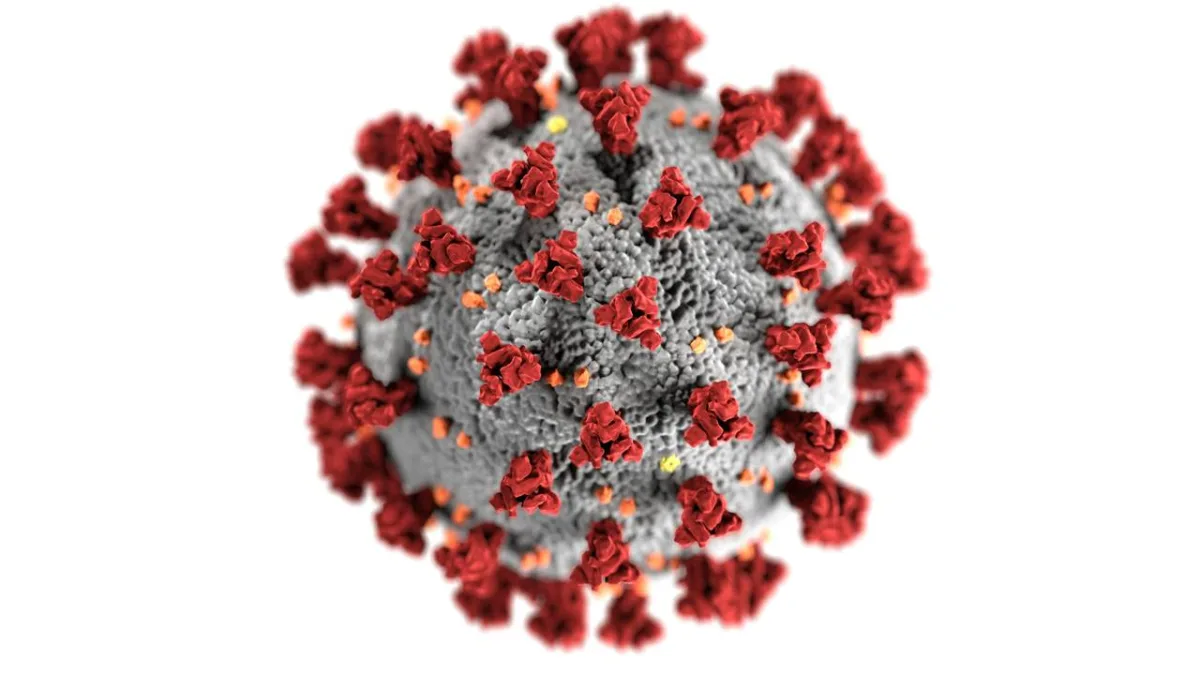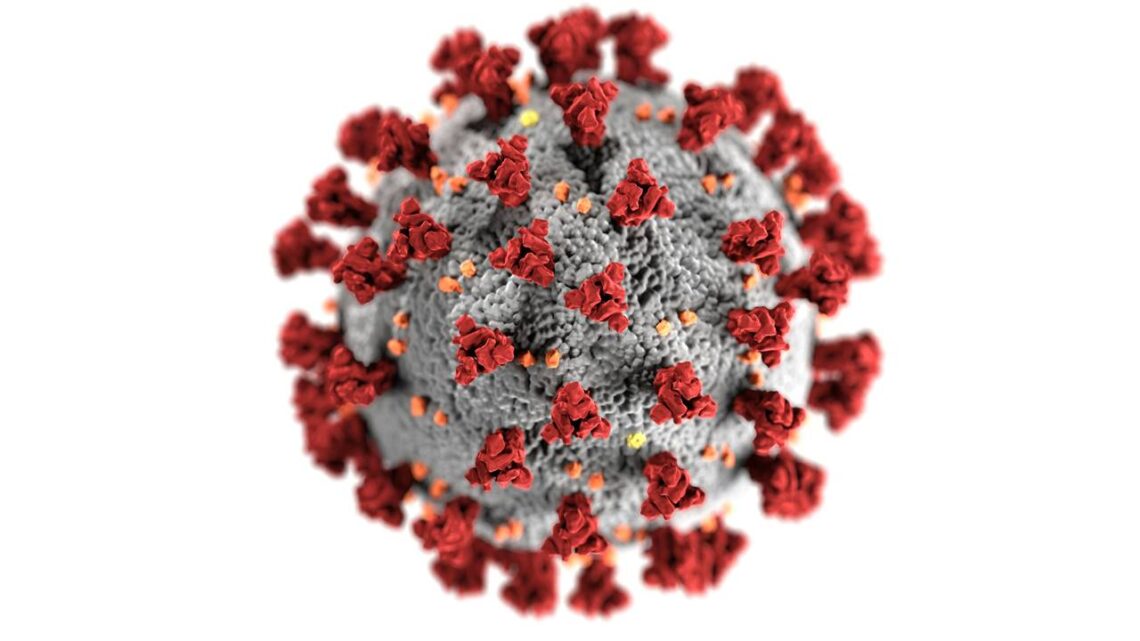The National Institute of Health (NIH) issues a crucial advisory addressing the prevention and control of the JN.1 sub-variant of COVID-19, categorized as a variant of concern (VOC). This sub-variant is identified as an offshoot of the BA.2.86 sub-variant of the omicron variant, currently on the rise globally.

Low Morbidity and Mortality
The advisory emphasizes the low morbidity and mortality associated with the JN.1 sub-variant, indicating that it is unlikely to result in a situation reminiscent of the earlier pandemic phase. Despite its rapid spread, the sub-variant’s transmissibility is expected to be high.
Symptoms
Details on the symptoms of JN.1 infection are provided, with a focus on similarities to other sub-variants. The document highlights that symptom presentation depends on individual immunity, stressing the effectiveness of existing vaccines, tests, and treatments against the sub-variant.
Prevention and Control Measures
The advisory outlines recommended preventive measures for limiting COVID-19 transmission, especially for individuals exhibiting flu-like symptoms or those in close contact with affected persons. Measures include hand hygiene, respiratory etiquettes, staying at home when sick, rest, and social distancing.
Vaccination
The NIH declares vaccination as the most effective means of preventing infection and severe outcomes, particularly in high-risk groups. The advisory emphasizes the importance of complete vaccine doses and booster shots, especially for the elderly, individuals with comorbidities, and those in high-risk settings.
Enhanced Surveillance Measures
Health authorities are urged to implement enhanced surveillance for influenza-like illness (ILI) and severe acute respiratory infections (SARI). This proactive approach aims to detect and respond promptly to potential outbreaks. The directive includes sending all positive samples for genomic sequencing to better understand the evolving landscape of the virus.

















